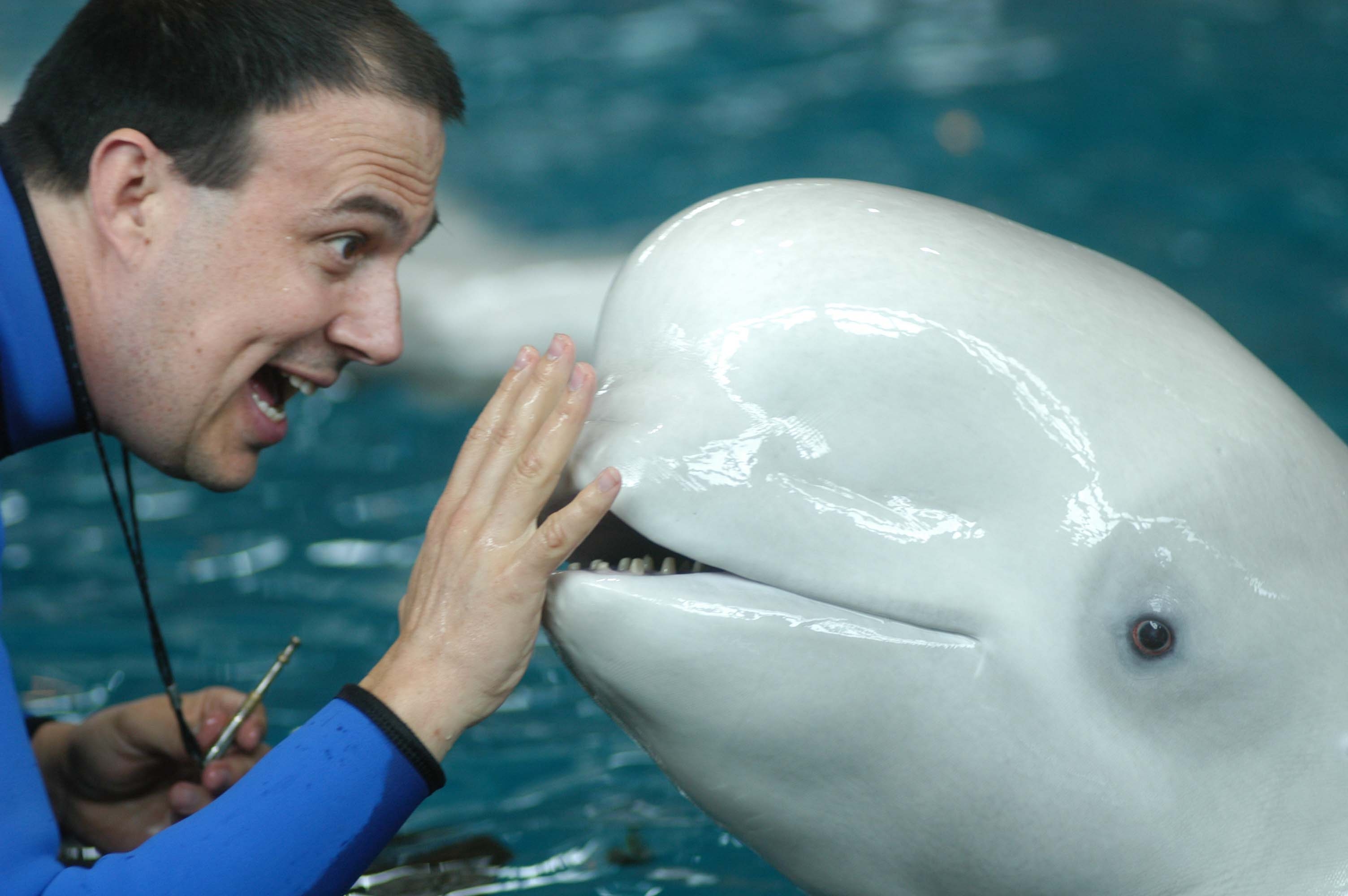Group Leader, Heterogeneous Catalysis Research
Chris Marshall is a research chemist with expertise in catalyst formulation and characterization, reactor testing of both homogeneous and heterogeneous catalysts, catalysis fundamentals, and molecular modeling.
His work is aimed at understanding the workings of current catalysts and improving their activities and selectivities. Research goals are met by a combination of selective synthesis of active catalytic phases; improved understanding of the interrelationships between the active phases, supports and feeds; and the use of computational chemistry to develop first-principle understanding of both catalyst and hydrocarbon feed and products. The unique understanding brought about by these techniques provides new insights into existing and future commercial processes; this research important to both the U.S. Department of Energy and chemical and energy-producing companies.
Continue reading “Future Fuels’ Christopher Marshall Biography”



